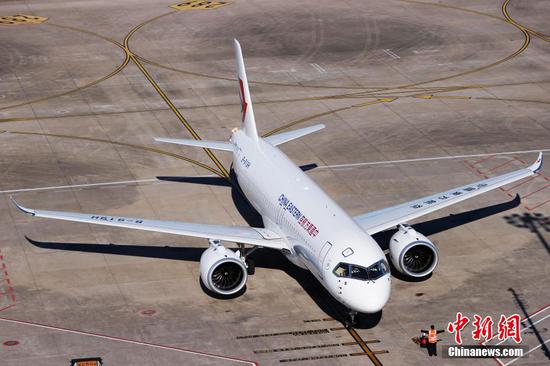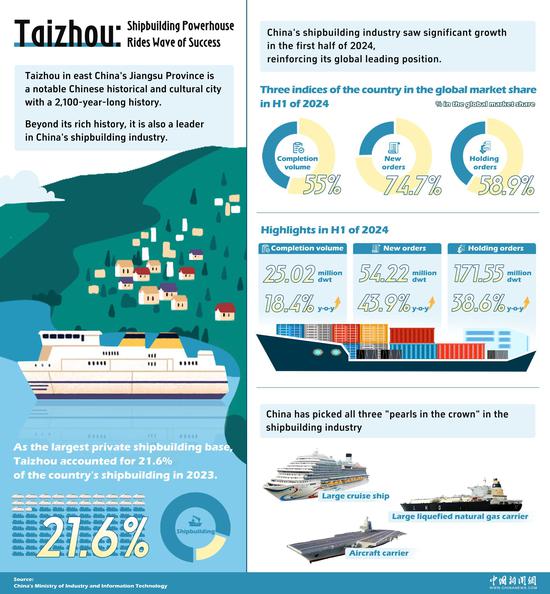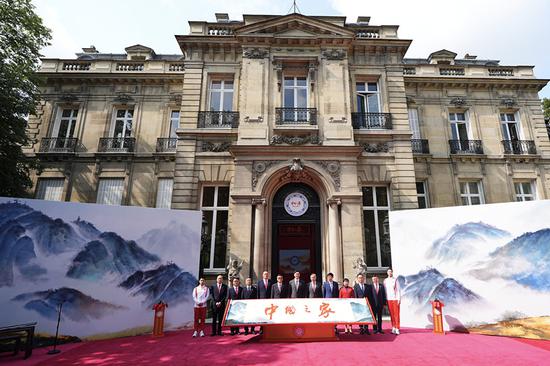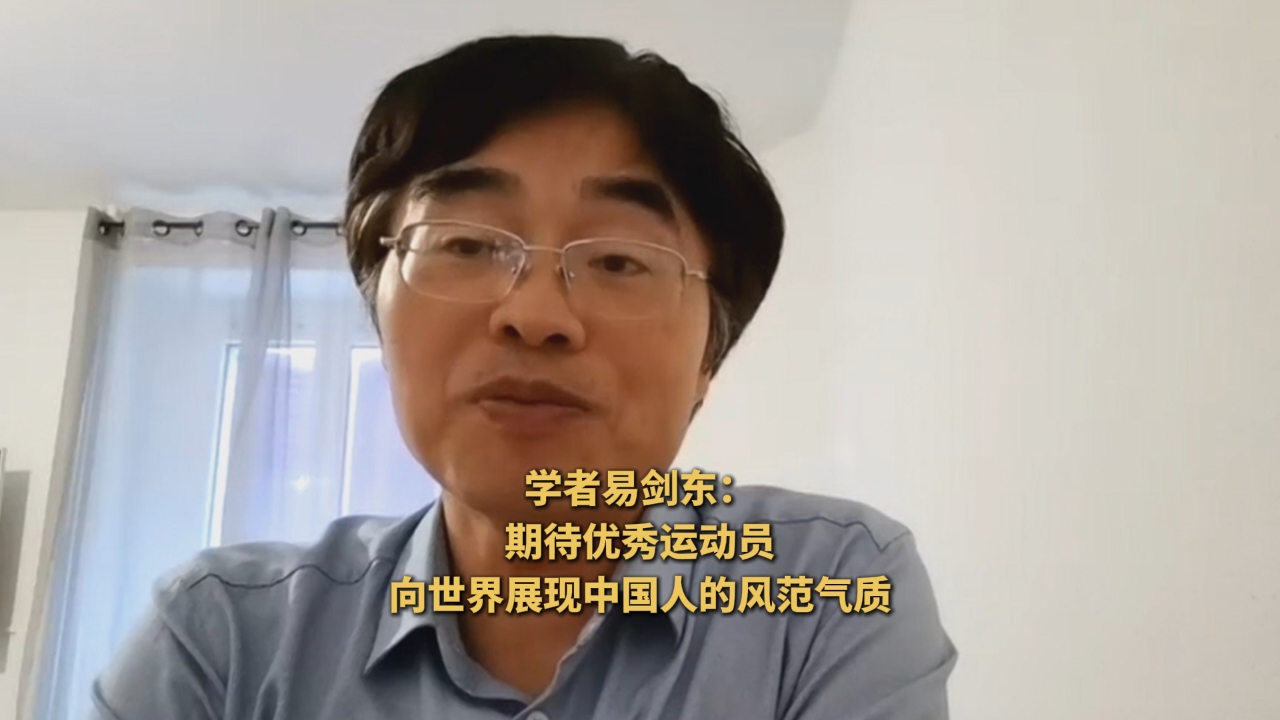
A view of the booth of China International Capital Corp during an expo in Shanghai. (Photo/China Daily)
Shares of China International Capital Corp (CICC) and China Galaxy Securities (CGS) rose for a second consecutive session on Thursday following reports that the two companies — which share one major shareholder — are set to merge.
Though both companies denied speculation surrounding any possible merger, any such development, if it comes to pass, would reflect the sector's accelerated trend toward competitiveness via mergers and acquisitions at a time when China is attaching greater importance to its capital markets, financial experts said.
Central Huijin Investment, an arm of China's sovereign wealth fund, is the common shareholder of both firms.
While shares of Shanghai-listed CGS rose 2.75 percent to close at 11.19 yuan ($1.54) on Thursday, CICC's Shanghai-listed shares inched up 0.73 percent to end at 30.47 yuan per share.
On Wednesday, shares of CGS had jumped 8.47 percent, while CICC's Shanghai-listed shares had risen by 6.48 percent.
CICC told China Daily on Thursday that the reports of a potential merger are groundless and that one should refer to official releases.
CGS also denied the reports, Shanghai Securities News reported on Wednesday.
Talk of a possible merger had done the rounds last November, too, but it was denied by both companies.
There have been a series of M&As in progress by Chinese investment banks this year.
These include the ones between Guolian Securities and Minsheng Securities; Zheshang Securities and Guodu Securities; and Western Securities and Guorong Securities.
Liu Wenqiang, a researcher of nonbanking financial industries at Great Wall Securities, said the Chinese government has attached "consistent importance" to the capital markets and will continue to support M&As of securities firms, or investment banks.
"We believe the pace of M&As in the sector will likely accelerate over the next few years, especially for cases where the businesses of the involved companies are complementary, as part of the country's efforts to step up supply-side reforms in the financial sector," Liu said.
The Central Financial Work Conference in November had called for efforts to "cultivate first-class investment banks".
The policy signal was reinforced by a set of measures released by the State Council, or China's Cabinet, in April, which required supporting leading investment banks to enhance core competitiveness via M&As and organizational innovations.
"The Chinese economy needs first-class investment banks more than ever," said Yang Haiping, a researcher at the Central University of Finance and Economics' Institute of Securities and Futures.
Yang said a merger between CICC and CGS, if it happens, would foster ample room for further growth.
"Their businesses are complementary — CICC has strong investment banking and private equity investment businesses, while CGS is better at the brokerage business."

















































 京公网安备 11010202009201号
京公网安备 11010202009201号